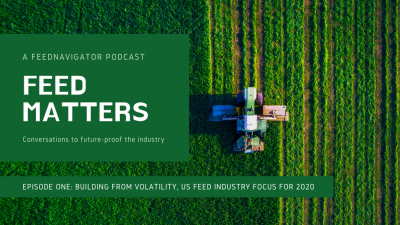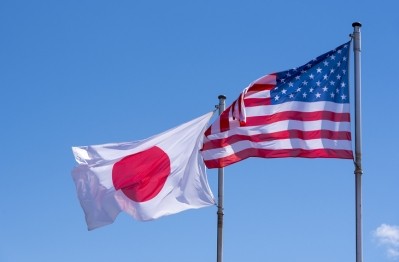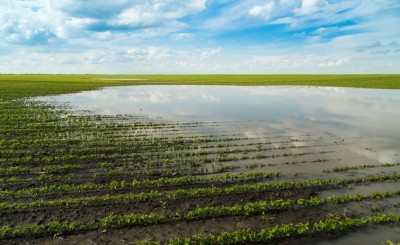The US feed industry year in review

To gain a bit of perspective on the year as it draws to a close, we reached out to US feed organizations, the National Grain and Feed Association (NGFA) and the American Feed Industry Association (AFIA), to get their take on the past 12 months.
The year was definitely one that was “activity filled,” said Randy Gordon, NGFA president. It has offered some positives from a regulatory or de-regulatory perspective, he said.
“With the advent of the Trump administration, 2017 offered a lot of opportunities in some areas and trepidation in others,” he told us.
But it was a year where the NGFA had a lot of engagement with policymakers, he added.
Trade deals
One area where the agricultural industry had some success was in promoting its agenda during trade agreement discussions, said Gordon.
“The dialogue for trade really helped establish this mantra: ‘Do no harm to agriculture,’” he said.
The association has been supportive of the administration’s efforts to modernize the North American Trade Agreement (NAFTA), he said. However, there also has been a “wake-up call” to members of the industry in terms of discussing how important agricultural trade is for the sector and the economy.
“We’ve increased the outreach work to include a lot of state governors; they have been important in [terms of] reinforcing [our viewpoint] with the administration, and getting a successful outcome [in regards] to that,” he said. “President Trump has a different negotiating style – we do think the administration is trying to achieve a successful outcome with NAFTA.”
It is hoped that the ongoing discussions will reference sanitary, phytosanitary and biotechnology concerns, he said. If those topics can be successfully handled, the effort may serve as a model for future work on trade negotiations with Korea.
However, there were some negative changes. Leaving the Trans-Pacific Partnership (TPP) was not a good move for US ag, said Joel Newman, president and CEO with AFIA. “There were years of effort in putting together a good deal for agriculture and the US – then we walked away."
Regulatory moves
David Fairfield, senior vice president of feed services with NGFA, said 2017 brought about some concrete regulatory developments, at least
“We saw initial inspections conducted for the Food Safety Modernization Act (FSMA) and related rules,” he said. “We’ve been talking about FSMA for a long time, and we saw a variety of implementation areas come to fruition.”
“We’re supportive of the rule,” said Newman. “But we want it to be as practical as possible.”
The final guidance for the animal food rule was provided in October, said Fairfield. But the preventive control guidance has yet to be published.
“Related to preventive controls, there is a lot of uncertainty yet in terms of what FDA believes is necessary to ensure the safety of products,” he said. “There’s a great deal of flexibility within the preventive controls regulations and we’re glad they did, but it leaves some uncertainty so we’d like to see greater assurances about the role of CGMPs [current good manufacturing practices] and their ability to deal with hazards.”
Hurricanes, flooding
The start of the new US presidential administration challenged the status quo, said Newman. However, the AFIA was pleased with some of the ag appointees, including Sonny Perdue, the new US secretary of agriculture, and Ted McKinney, the undersecretary of agriculture for trade and foreign agriculture affairs.
The industry also has been involved with helping members recover from severe weather and the back-to-back hurricanes that damaged lives, farms and feed crops, he said. “There are still elements to be dealt with in that recovery,” he added.
“We were pleased to see how strongly the agricultural community and individuals pulled together,” he said.








